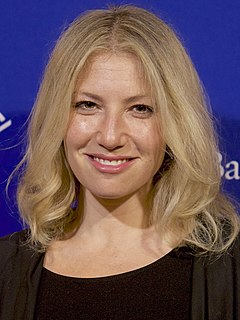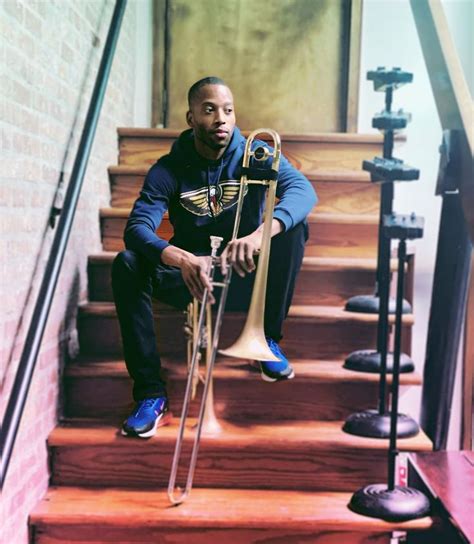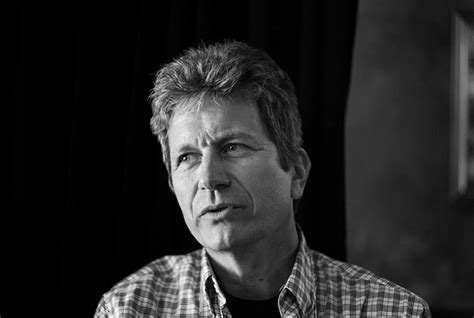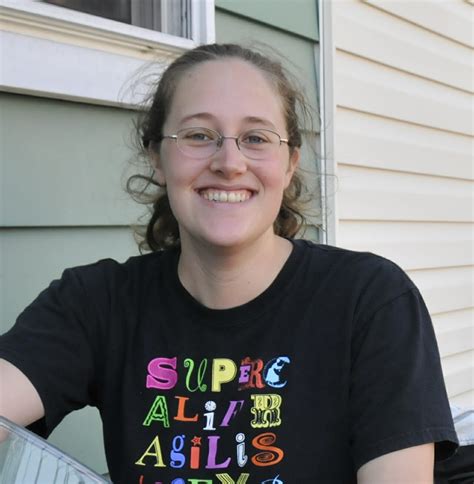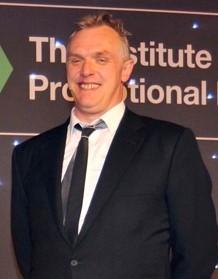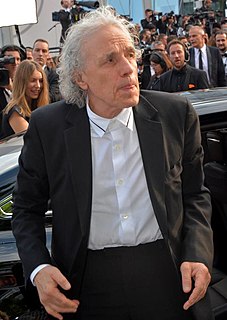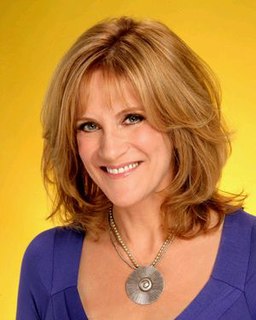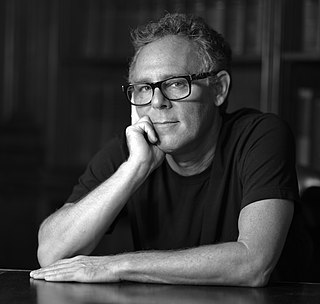A Quote by Ari Graynor
Working with David Gordon Green, and Jonah Hill, and Michael Cera, and Drew Barrymore, and all of those people - those are the best people in comedy to work with. Anna Faris. You know, that's my goal, to keep learning and to just keep working with the best people I can. And yeah, we do all hang out, and we all kind of know each other.
Related Quotes
Those type of people [in New Orleans] keep me happy and just smiling, you know? I just go hang out and talk with them and they tell me all types of old stories, and sometimes I might even pull my horn out in the middle of the block, and they're playing on beer bottles and different things, and we just do a little second line type thing, just us, four or five people, who are just having fun. That makes me day to be able to do that and go hang out with the people in the (Treme) neighborhood, and to do some shows around town, you know?
We are all healers of each other. Look at David Spiegel's fascinating study of putting people together in a support group and seeking that some people in it live twice as long as other people who are not in a support group. I asked David what went on in those groups and he said that people just cared about each other. Nothing big, no deep psychological stuff-people just cared about each other. The reality is that healing happens between people.
I’ve always said to my agents and stuff, like, it’s going to be 10 years before people forget about Twilight, And that’s totally understandable. Normally people keep working and working until their big break. You just keep trying to make the best of your decisions. Like I try to think how I used to think before all the Twilight movies.
When you're trying to enter something as intimidating as comedy, starting out with a support network of likeminded people is a powerful thing. It was natural we'd end up working together because we went through those first petrifying moments together. We created gigs for each other, slapped each other on the back, and protected each other.
It's always a problem when you're working with people you don't really know. Most filmmaking is about shaking hands and just starting. You know, these month - or two-month-long endeavors that millions of dollars are based on, and the people doing them don't even know each other, or know each other under pressure, or know each other when things are really... Which filmmaking is completely done under in many circumstances. You're under constant crisis, making a movie.
So it's an interesting process just going through and seeing what works and what doesn't work, and what's the best version of it. It was a good process because I think we all collectively, when everyone would run into issues in the cut or know that things weren't working, they kind of glaringly stuck out so we could focus on fixing those things and it wasn't a situation where you would show it to ten people and you would have ten problems.
When I discovered PopTech and other kind of intellectualish, online portals for curiosity. Very quickly, I just got so much more out of those than from so-called "Ivy League" education that I knew it was on me to keep myself stimulated, and to keep learning, more than anything. And, because I paid my way through college, I was working at Penn, two to four jobs at a time to pay for school.
